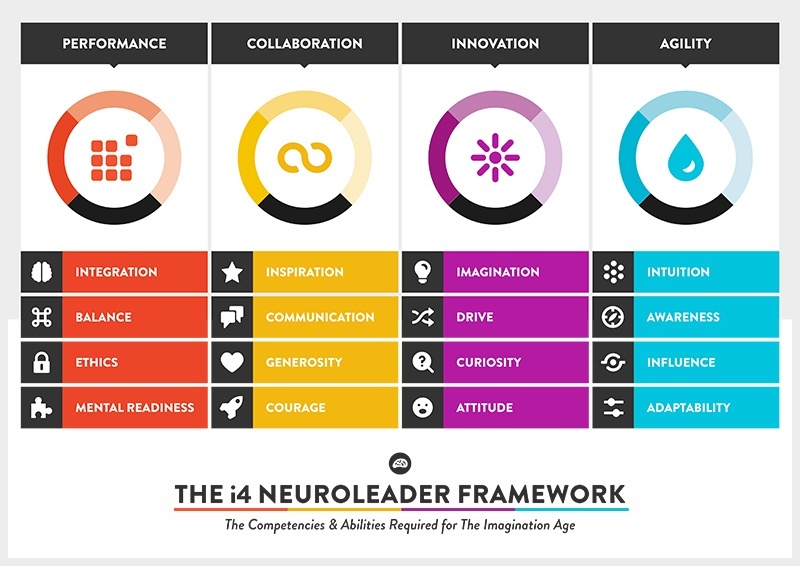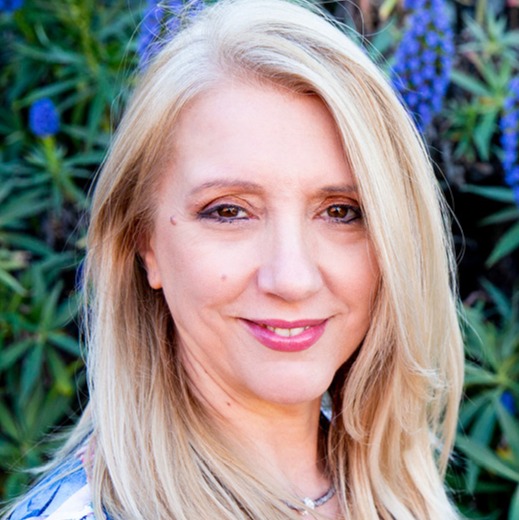
Courage can mean so many different things. It can mean asking a date out to a movie, or speaking up at a staff meeting, or boarding a rocket for the moon. Courage is essential in our personal and professional lives to ensure that we continue to grow, develop and reach our true potential.
It is more important than ever that we, as a species, turn our attention to the skies. The moon has been untouched by humans for decades. Mars is still an elusive dream. Asteroids that yield untold treasures are waiting. But what will help us achieve these goals? It isn't just money or politics. We need courage.
Only 12 humans have walked on the moon. The men and women who worked in the Apollo programs ensured that we would finally reach our nearest celestial neighbour.
But the journey was dangerous and deadly. Apollo 1 saw the deaths of three brave astronauts. These men had accepted the dangers, however, and other astronauts forged ahead to achieve the goal of the moon.
The last man to step on the moon, Eugene 'Gene' Cernan, passed away recently. His footprint is the very last bit of humanity left behind. The courage of these men is clear, and while most of us will never leave the planet, it's important to remember that we all hold that kind of courage in our hearts.
People try to typecast astronauts as heroic and superhuman. We're only human beings.
Eugene Cernan
Courage is the way you overcome your fear. You feel the fear, but you close your eyes, take a deep breath, and then do whatever it is anyway. Step outside of your comfort zone and do something unfamiliar so you can continue to grow & develop.
Courage means something different to almost everyone. In the workplace, courage is essential. But our brains are conditioned to respond to FEAR (False Evidence Appearing Real).
The amygdala in your brain controls the 'fight or flight' reaction. It's important to retrain your brain to respond only when there is a real danger, not just when there is a tough meeting to attend.
Courage is one of the pillars under the competency of Collaboration in the  . Learning how to have the ‘tough’ conversations with others is just an example of how courage may assist us in developing a more collaborative approach at work and in life. This means not only acquiring good interpersonal abilities but also knowing how to overcome limiting beliefs that can get in the way of being able to face issues head-on.
. Learning how to have the ‘tough’ conversations with others is just an example of how courage may assist us in developing a more collaborative approach at work and in life. This means not only acquiring good interpersonal abilities but also knowing how to overcome limiting beliefs that can get in the way of being able to face issues head-on.
 can help you learn more about your own limitations, some of which may be preventing you from overcoming your fears.
can help you learn more about your own limitations, some of which may be preventing you from overcoming your fears.

When you think of courage, what pops into your head? Flying to Mars, or scaling a cliff? While these certainly require courage, it is time to imagine being courageous in the workplace and to imagine the positive changes that will result. The change starts with you, and recognising your fears is the first step to finding your courage.
These Stories on Courage

Founder & CEO
About my Brain Institute
Scientist, educator, author, speaker, coach, award-winning leadership specialist, filmmaker and creator of the i4 Neuroleader Model & Methodology.
Silvia's scientific background and curiosity about the human brain led her to a decade long journey of research into optimal brain functioning and the application of neuroscience in leadership and daily life. Her past and current roles have uniquely prepared her for the current undertaking, that of leadership activist & change agent.
Silvia Damiano founded The About my Brain Institute in 2009, with the purpose of democratising leadership & neuroscience. She has a passionately held belief, that leaders in our 21st century global economy and their organisations must radically change long-held ideas of what constitutes effective leadership
In her ground-breaking books ‘Leadership is Upside Down’, ‘Brain-Friendly Leadership’ and the 2018 documentary ‘Make Me A Leader’, Silvia provides both compelling evidence and explores the importance of leadership in our personal and professional lives and what it takes to develop the human behind the leader.
Silvia has worked in different countries, across many industries, helping teams and organisations improve business performance. Silvia’s clients have described her as a passionate, dynamic, a highly experienced speaker and master facilitator on the topics of Emotional Intelligence, Cultural Change, Neuroleadership & Engagement.
Silvia is passionate about leaving a legacy of well-rounded leaders who can act and decide in a way that better serves humanity. Her clients include Microsoft, Australian Stock Exchange, NSW Government, VISA, Fuji Xerox and Manpower amongst many other global companies.
Monday to Friday
9:00am - 5:00pm (AEST)
Sydney, Australia
We reply within 48 hours!
General Business Enquiries:
hello@aboutmybrain.com
Technical Support:
support@aboutmybrain.com
No Comments Yet
Let us know what you think